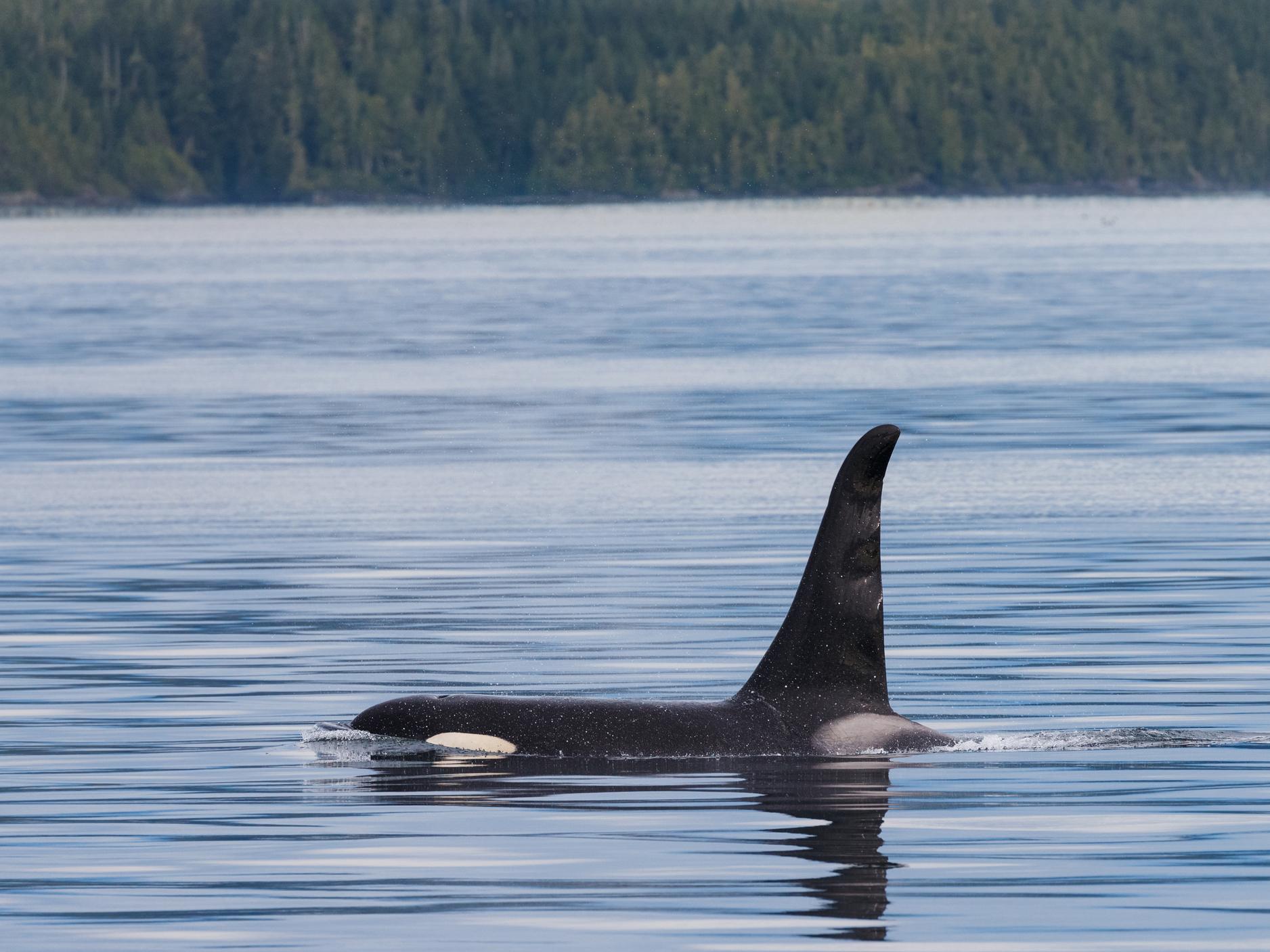Killer whale declared dead was from population 'marching towards extinction'
'Unless we do something about salmon recovery, we're just not going to have these whales in the future'

Your support helps us to tell the story
From reproductive rights to climate change to Big Tech, The Independent is on the ground when the story is developing. Whether it's investigating the financials of Elon Musk's pro-Trump PAC or producing our latest documentary, 'The A Word', which shines a light on the American women fighting for reproductive rights, we know how important it is to parse out the facts from the messaging.
At such a critical moment in US history, we need reporters on the ground. Your donation allows us to keep sending journalists to speak to both sides of the story.
The Independent is trusted by Americans across the entire political spectrum. And unlike many other quality news outlets, we choose not to lock Americans out of our reporting and analysis with paywalls. We believe quality journalism should be available to everyone, paid for by those who can afford it.
Your support makes all the difference.Authorities are still searching for a sick young orca in the Pacific Northwest, but a scientist tracking the animal has declared the whale dead.
The killer whale belongs to group that has been blighted by pollution, boat traffic disturbances and, worst of all, a lack of the salmon they rely on for food.
Dr Ken Balcomb, of the Centre for Whale Research, said: “We’re watching a population marching toward extinction.
“Unless we do something about salmon recovery, we’re just not going to have these whales in the future.”
The news means there are only 74 whales remaining in the group, which has failed to produce any offspring in the past three years.
Dams, habitat loss and fishing have all contributed to the decline in salmon populations, which has had a disastrous knock-on effect for the whales.
The orcas are in such bad shape that experts prepared last-ditch efforts to save the emaciated three-year-old known as J50.
A veterinarian fired an antibiotic-filled dart into her, crews dropped live salmon in front of her to try to get her to eat, and scientists even mulled capturing her so they could diagnose and treat her.
Despite their efforts, J50 has not been seen since last Friday.
As teams scrambled to find her on Thursday, she failed to appear with her group once again, despite favourable sighting conditions. Dr Balcomb, who tracks the whales for the US government, declared her dead late on Thursday afternoon.
Michael Milstein, a spokesman for NOAA Fisheries, said the agency gives great weight to Dr Balcomb’s assessment of the whales, given his long experience monitoring them. But, he said the US and Canadian governments plan to continue searching Friday on the chance she is still alive.
“We want to make the most of it to make sure that if J50 is there, we haven’t missed her,” Mr Milstein said.
“We haven’t given up hope.”
Crews in a US Coast Guard helicopter, 10 vessels, whale watch crews and other resources on both sides of the border were involved in the search. Authorities also alerted a network of people who respond when marine mammals wash ashore.
Whale experts feared the orca was dead earlier this month when J50 lagged behind her family and went missing. But she later turned up and was seen with her family.
Orcas have been struggling in recent years, and experts reckon their numbers are now at their lowest in more than three decades.
A recent victory for the whales came when the approval of the controversial Trans Mountain pipeline expansion in Canada ground to a halt after a federal court ruled the marine predators had not been properly considered.
A whales from the same group as J50, known as J35, made international headlines in August when she carried the corpse of her dead calf with her for over two weeks.
Additional reporting by AP
Join our commenting forum
Join thought-provoking conversations, follow other Independent readers and see their replies
Comments